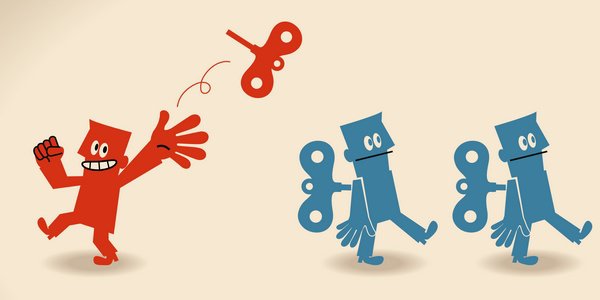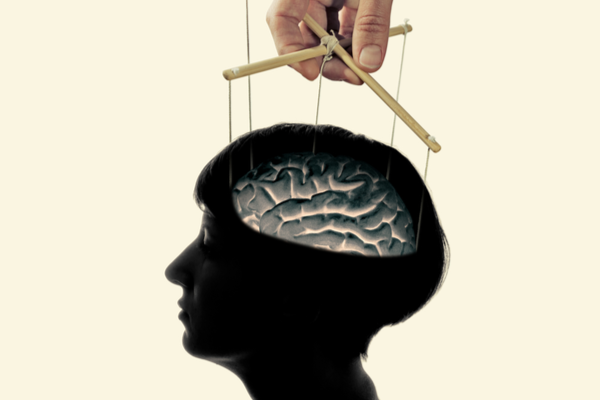A simple test can show if our brains are starting to show the first symptoms of deterioration
Don't store avocado like this: it's dangerousA simple test can show if our brains are starting to show the first symptoms of deterioration
Our brain it is a prodigious but at the same time incredibly fragile machine. Brain decay, contrary to popular belief, does not depend exclusively on aging or the onset of diseases such as dementia and Alzheimer's: stress, multitasking, altered sleep rhythms, sedentary lifestyle, even a wrong diet can deteriorate its functionality and make us "Losing hits".
A simple test that allows us to evaluate some functions related to the attention of our brain and reaction times is the one developed in the 30s by the American psychologist Ridley Stroop and still used today. The test (see a simplified version below) is trivial yet treacherous.
Some simple words, indicating colors, have been written in a different color than their meaning communicates: the candidate is asked to name aloud the color of the ink used to write the words - not the word that was written.
The overlap between graphic form and meaning makes our brain haywire and not all of us are able to respond promptly (and correctly): a slow response time or difficulties in distinguishing what is written from the way it is written may be spies of some malfunction of our brain - dementia and other neurodegenerative diseases brain injury, attention deficit or, more simply, tiredness and fatigue.

What to do if our brains are unable to pass tests such as Stroop's? Without jumping to hasty and tragic conclusions, it could simply be a moment of fatigue or temporary fatigue due to a period of high stress. Our lifestyle can greatly contribute to brain health, slowing down their cognitive decline and averting the risk of dementia and other diseases. Here are some good habits we can introduce into our days to preserve brain health:
- Make movement. Several studies have shown that practicing physical activity - especially outdoors - has positive effects on gray matter, particularly on the dorsolateral prefrontal cortex, an area involved in action planning is connected to cognitive control. Conversely, a sedentary lifestyle, in which a lot of time is spent in front of the TV, can worsen brain function over time, cause cognitive decline, and even reduce gray matter. Furthermore, let's not forget that sport promotes the release of endorphins, thus improving our mood: another good reason to practice it!
- Maintain contact with the world. In an era like ours, in which a large part of interpersonal relationships takes place through a screen, it can be difficult, but it is essential for our psychophysical well-being to keep active a network of social contacts: to have friends with whom to share the experiences can help form memories, keep reasoning skills active, lower stress levels and make you more empathetic. If we think we don't have many friends, we can sign up for a class or gym to meet new people, or join clubs of people who share our hobbies - that way you'll already have a topic to talk about and an embarrassment to break. the ice will be less.
- Always be curious. No matter what our age, there is always time to learn something new - for the benefit of our brain: learning requires concentration, practice, memory - all skills that keep the brain active and prevent it from aging and deteriorating. Why not learn a new language or start practicing crochet or cross stitch?
- Sleep well. Sleep is essential for our well-being: sleeping little or badly negatively impacts memory, attention, the ability to make decisions, but it is also a risk factor for dementia and cognitive decline that should not be underestimated. Here are some tips for sleeping better and improving the quality of our waking life.
Follow us on Telegram | Instagram | Facebook | TikTok | Youtube
Fonte: Journal of Experimental Psychology
We also recommend:
- 5 signs that your brain is not healthy (and how to fix it)
- Pollution and Alzheimer's: Improving air quality reduces risk, now three new studies confirm this
- Can't hear people when there is background noise? You could take this risk. I study
- Mediterranean Diet: Incredible New Brain Benefit Discovered When Combined With Exercise


























